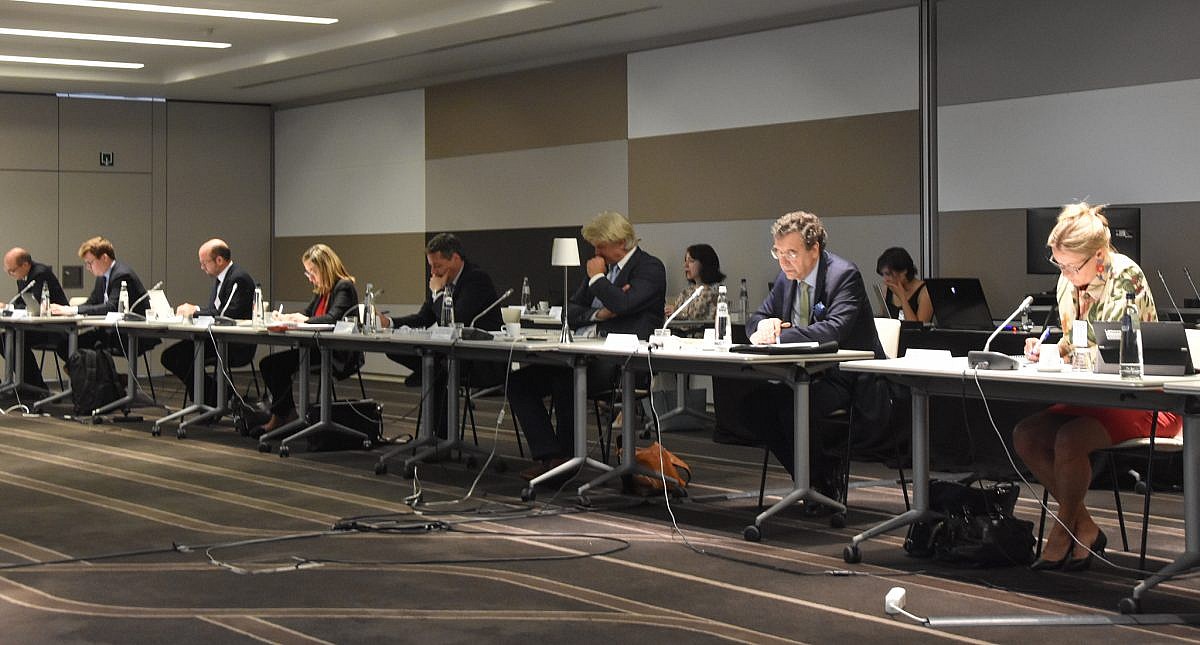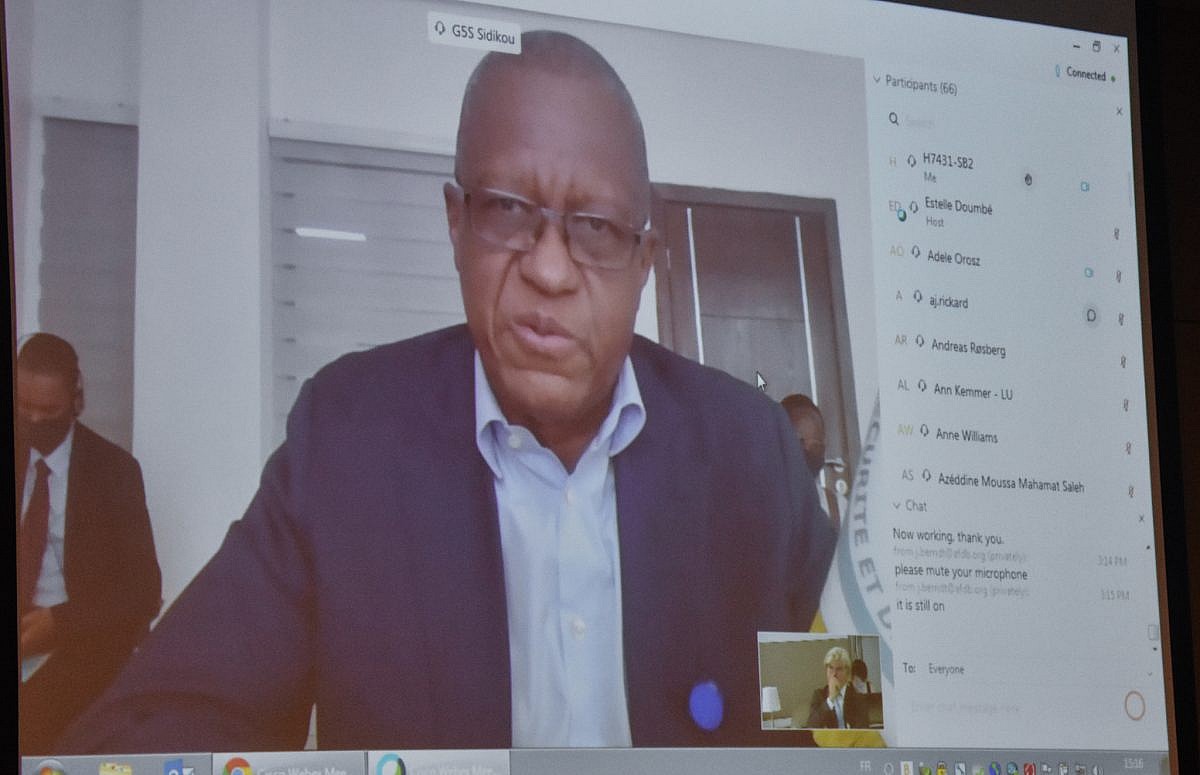NEW IMPETUS FOR THE REALISATION OF FIELD ACTIONS DURING THE 3RD STEERING COMMITTEE OF THE SAHEL ALLIANCE

The third meeting of the Steering Committee (SC) of the Sahel Alliance was held in Brussels on 24 June. This working session was well attended by representatives of the members and observers of the Sahel Alliance, as well as of the G5 Sahel and the Mauritanian presidency of the G5. Due to mobility restrictions arising from the context of the COVID-19 pandemic, the meeting took place in a semi-virtual format, with a large number of participants connected remotely.
The meeting chaired by Mr. Christophe Rauh, Africa Director at the German Federal Ministry for Economic Cooperation and Development (BMZ) was enhanced by the participation of the Permanent Secretary of the G5 Sahel, HEM Maman Sidikou, and the official representative of the Mauritanian rotating presidency of the G5 Sahel, Mr. Mohamed Salem Nany.
The main topics discussed were intricately linked to the decisions reached at the General Assembly of the Sahel Alliance held on 25 February on the margins of the G5 Sahel Heads of State Summit held in Nouakchott. The issues related to the response to the Covid-19 pandemic were the focus of the first working session. A total amount of 800 million euros was mobilised by the Sahel Alliance in support of the response of the G5 Sahel countries. Several interventions highlighted actions to assist G5 countries in mitigating the health, economic and social impacts affecting vulnerable populations in the Sahel and exacerbated by the Covid-19 crisis.
Implementation of the integrated territorial approach

During the second session devoted to field interventions, the Executive Secretariat of the G5 Sahel presented its Integrated Priority Actions Framework (IPAF), and the Action Plan defining the concrete measures to make the integrated territorial approach (ITA) operational. The ensuing discussion reflected a consensus on the need to pursue the implementation of this approach in the field and to concentrate efforts in fragile areas.
During the third session, participants reaffirmed their commitment to increasing co-financing (delegation of funds, basket and trust funds) in order to increase leverage, reduce transaction costs for partners, optimize the Sahel Alliance portfolio and increase coordination among members.
This third Steering Committee of the Sahel Alliance also allowed the participants to welcome Ireland as the 11th observer member. In its speech, Ireland pledged to support development efforts in the Sahel and underlined its strong interest in climate policy and its deep commitment to resilience. Spain, through its Minister for Europe and Foreign Affairs, was nominated to preside over the General Assembly, and Germany was reappointed as Chair of the Steering Committee.
Finally, France’s Special Envoy for the Sahel, Ambassador Christophe Bigot, presented the “Note on the articulation between the Coalition for the Sahel and the Sahel Alliance”. He announced the date of the next summit of Heads of State of the Coalition to be held on 30 June 2020 in Nouakchott and stressed the importance of the link between the Sahel Alliance, the Coalition for the Sahel and the Partnership for Security and Stability in the Sahel (P3S). The principle of subsidiarity and the leading role of the G5 Sahel and the Sahel Alliance within Pillar IV (development) of the Coalition were particularly emphasized. The discussion was complemented by a presentation by the German Foreign Office on the P3S initiative under Pillars 2 and 3 of the Coalition for the Sahel.

